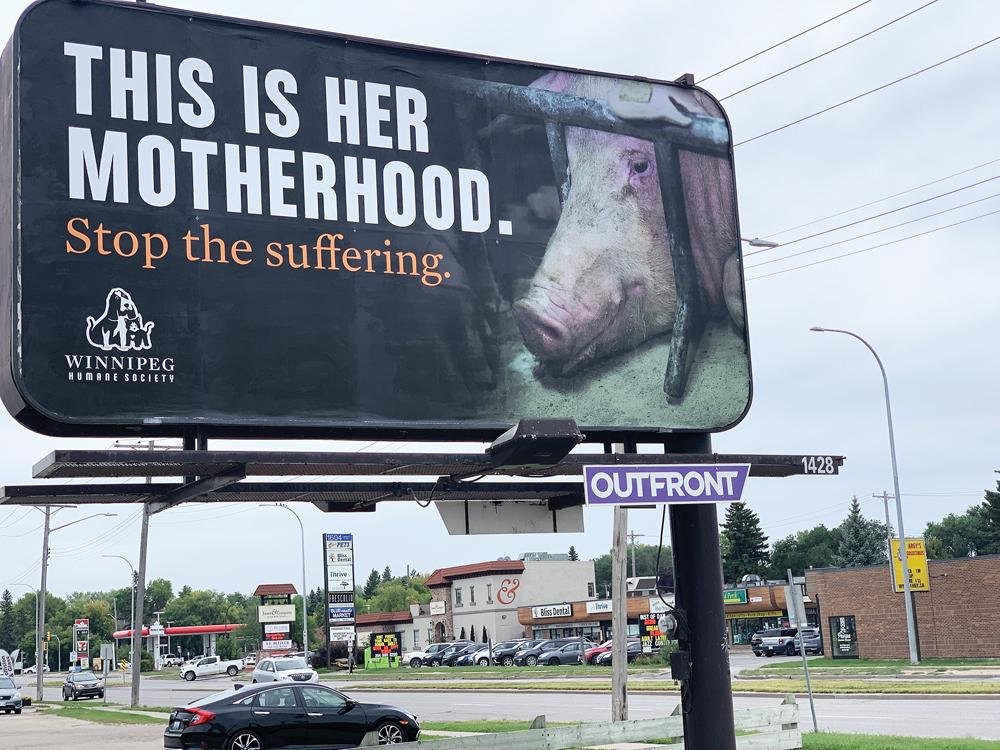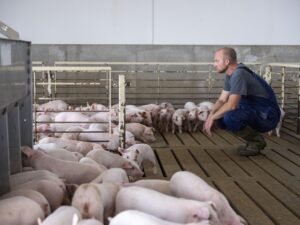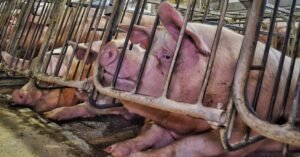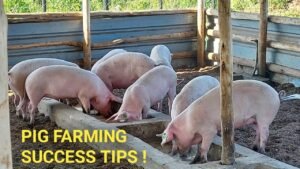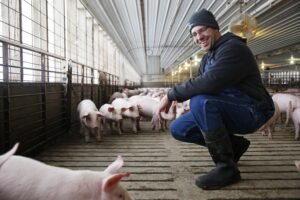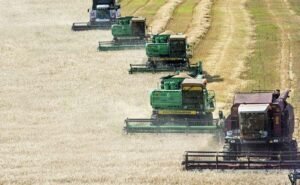Pig farmers across America face mounting pressure. Since January 2024, California’s Proposition 12 has mandated strict certification requirements for all breeding swine operations selling pork products within the state’s borders. This contentious legislation continues generating heated discourse among agricultural stakeholders nationwide as 2025 unfolds with renewed industry resistance.
The public policy director for the Iowa Pork Producers Association recently highlighted Proposition 12 as a paramount concern affecting swine producers. Industry representatives plan vigorous advocacy for federal intervention this year. They seek resolution. The implications stretch far beyond California’s boundaries, creating a cascading effect on production practices and market access for operators in heartland states.
Oklahoma Attorney General Gentner Drummond vocalized fierce opposition to these regulations in late January 2025. His office condemned California’s attempt to impose its agricultural standards across state lines. “Californians have every right to set laws impacting their own state, but they should not be able to dictate how hog farmers in Oklahoma raise their pigs,” Drummond asserted. The statement reflects broader tensions between state autonomy and interstate commerce considerations.
Economic Ramifications and Constitutional Challenges
Pork represents Oklahoma’s second-largest agricultural enterprise, generating over 23,000 jobs throughout the state value chain. These positions now face uncertain future under California’s regulatory scheme. The economic stakes couldn’t be higher for rural communities where swine production anchors local economies.
Attorney General Drummond joined counterparts from 22 additional states in petitioning a federal appeals court to examine the case. Their collective legal argument pivots on constitutional grounds. The multi-state coalition contends Proposition 12 potentially violates several constitutional provisions – the Dormant Commerce Clause governing interstate trade, the Import-Export Clause prohibiting state-imposed import regulations, and the Full Faith and Credit Clause requiring mutual respect for laws between states. Such broad-based opposition demonstrates the acute severity with which many agricultural states view this regulatory challenge.
Some industry experts warn of devastating consequences even beyond immediate compliance costs. Under Proposition 12, packages of uncooked bacon become illegal for California sale if sourced from pigs raised anywhere in the country that doesn’t meet the state’s specific housing standards. This restrictive approach affects supply chains comprehensively. Producers face difficult decisions about facility investments or abandoning the lucrative California market entirely.
Broader Agricultural Concerns and Industry Response
The pork sector’s struggle against Proposition 12 reflects widening apprehension across agricultural sectors regarding state-specific production mandates. Industry voices emphasize this isn’t merely about swine housing – it establishes precedent for how states might regulate agricultural practices beyond their borders. This creates regulatory fragmentation that complicates national food production systems.
Iowa leads the legal opposition, with significant backing from Alabama, Arkansas, Georgia, and numerous other agricultural powerhouses. These states recognize the elevated risks of allowing individual states to dictate production practices nationwide. Farmers express profound worry about navigating conflicting requirements from different markets.
Compliance brings substantial financial burden. Producers must retrofit existing barns or build entirely new facilities meeting California’s exacting specifications. Many smaller operations lack necessary capital resources for such extensive modifications, potentially accelerating consolidation within the industry. The regulatory environment threatens to reshape whose able to remain in business.
Proposition 12 has been enforced since the beginning of 2024, fundamentally altering market dynamics in America’s most populous state. Yet industry representatives maintain unwavering commitment to finding legislative remedies at the federal level. They argue uniform national standards would better serve consumers and producers alike, preventing a patchwork regulatory landscape that undermines efficient food production.
The coming months will prove decisive for this industry challenge. As federal courts weigh constitutional arguments and legislators consider potential solutions, pig farmers continue adapting operations amidst regulatory uncertainty. The outcome may establish enduring precedent regarding states’ authority to influence agricultural practices beyond their borders – a core question with implications extending far beyond pork production into virtually every segment of American agriculture.

